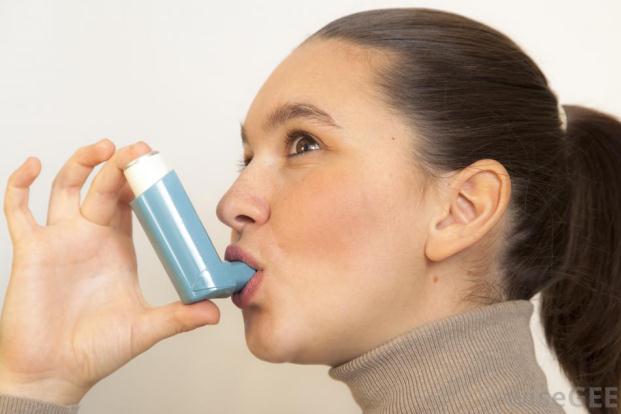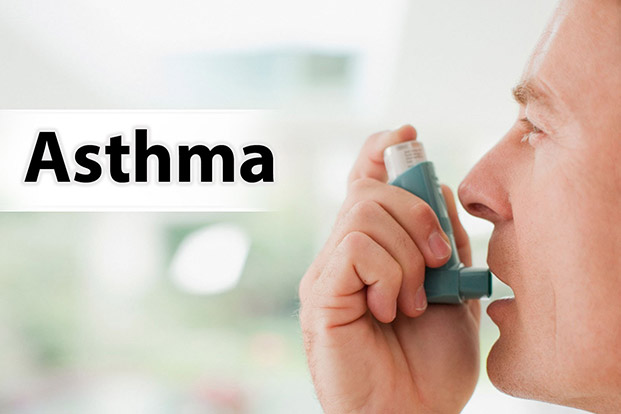Categories
- Bariatric Surgery (11)
- Black Fungus (5)
- Bone Marrow transplant (3)
- Brain Tumor Surgery Navigation Technology (20)
- Cardiac Surgery (66)
- Cardiology (97)
- Computer navigation technology for joint replacements (20)
- Covid Vaccination (17)
- Critical Care (2)
- Dental (19)
- Dermatology (31)
- Dialysis Support Group - “UTSAAH” (11)
- Dietitian (33)
- Emergency Medicine (4)
- Emotional Health (11)
- Endocrinology (33)
- ENT (20)
- Gastroenterology and GI Surgery (53)
- General and Laparoscopic Surgery (21)
- General Surgery (4)
- Gynecology & Obstetrics (183)
- Hematology (20)
- Internal Medicine (294)
- Kidney Transplant (50)
- Kidney Transplantation (20)
- Lung Cancer (8)
- Minimal Invasive Surgery (1)
- Mother & Child (20)
- mucormycosis (5)
- Nephrology (61)
- Neurology (147)
- Neurosurgery (68)
- Nutrition and Dietetics (107)
- Omicron Variant (1)
- Oncology (288)
- Ophthalmology (10)
- Orthopaedics & Joint Replacement (86)
- Paediatrics (59)
- Pediatric Nephrology (3)
- Physiotherapy (5)
- Plastic & Reconstructive Surgery (6)
- Psychiatry and Psychology (90)
- Psychologist (28)
- Pulmonology (72)
- Rheumatology (13)
- Spine Services (21)
- Transradial Angioplasty (16)
- Urology (84)
Query Form
Posted on Apr 19, 2022
Causes and symptoms related to Nocturnal Asthma
Nocturnal asthma is associated with symptoms like chest tightness, shortness of breath, cough and wheezing at night. These complications can make sleep impossible and leave you feeling tired and irritable during the day. These problems may affect your overall quality of life and make it more difficult to control your daytime asthma symptoms.

What causes Night Time or Nocturnal Asthma?
Nocturnal or night time asthma is a very serious health issue. It needs a proper asthma diagnosis. Many doctors often underestimate nocturnal asthma or nighttime asthma.
- What happens during nocturnal asthma? During sleep, the airways tend to narrow which may cause increased airflow resistance. This may trigger nighttime coughing, which can cause more tightening of the airways. Increased drainage from your sinuses can also trigger asthma in highly sensitive airways. Sinusitis with asthma is quite common.
- What is the cure for Nocturnal Asthma? There is no cure for nighttime asthma, but daily asthma medications, such as inhaled steroids, are very effective at reducing inflammation.
According to asthma severity, mild, moderate, or severe doctor can prescribe treatment to help you resolve your nighttime asthma symptoms so you can sleep like a baby.
Air pollution is a major cause of Nocturnal or Night Time Asthma :
Air pollution affects children more than adults because children tend to spend more time outdoors, their lungs are still developing, they breathe through their mouths, bypassing the filtering effects of the nasal passages and allowing pollutants to travel deeper into the lungs. Also they have a large lung surface area relative to their weight and inhale relatively more air compared to adults.
The respiratory effects of air pollution depend on the type and mix of pollutants. The concentration in the air; the amount of time you are exposed to the pollutant; how much of the pollutant you breathe in; and how much of the pollutant penetrates your lungs. Depending on their size, particles can be deposited in the upper airways the large conducting airways and/or the small peripheral airways and air sacs or alveoli. At all of these locations, particles may produce irritation and inflammation.



